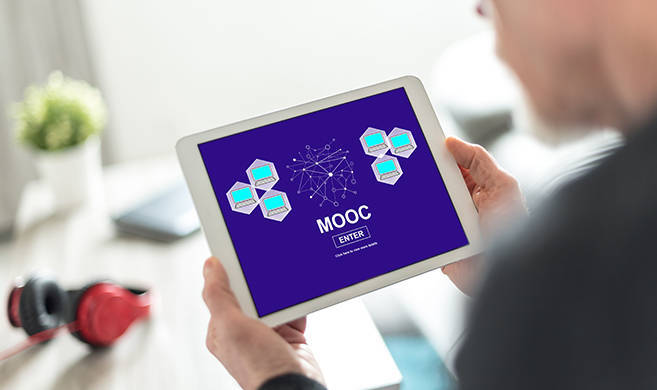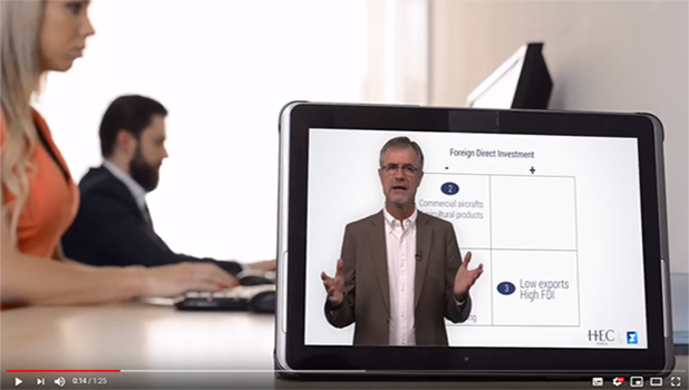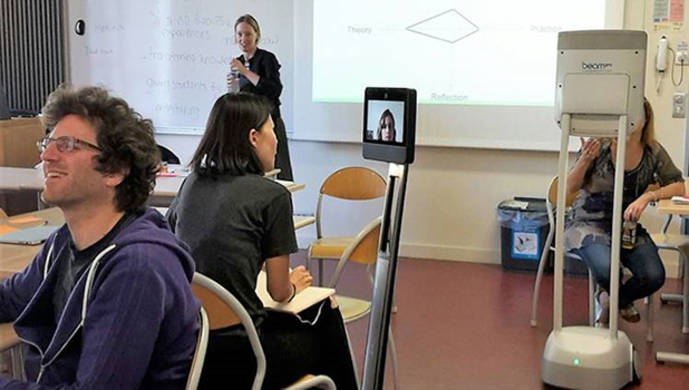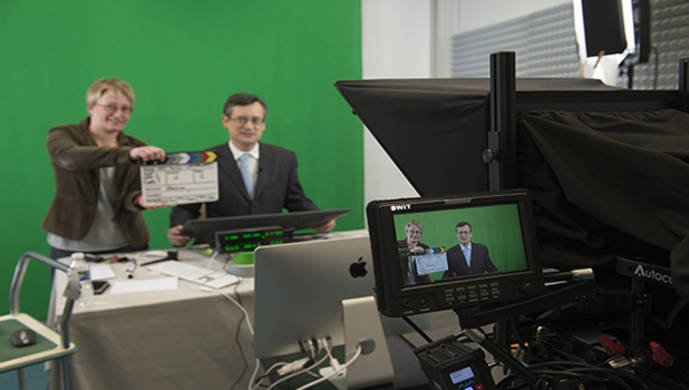A massive open online course (MOOC) is open to anyone. They are very popular in the US, France, Europe, and China. However, MOOCs are also facing insufficient participation and completion, mainly because learners struggle against procrastination. It’s a widely observed phenomenon.
How could your research face the learners’ insufficient participation to MOOCs?
In our research, we categorize the motivations of the learners to complete the MOOC, in order to convert motivation to action. Through experimentations, we compare different types of strategies to motivate students: simple digital tools, social norms and financial incentives.
- Simple tools: call to action messages, reminders, deadline prompts.
- In terms of social norms, our approach is to give the prospects feedback with rankings relative to the other learners. We're working on Chinese learners with the Chinese equivalent of Coursera. We look at the ranking and we tell learners their rankings, privately or publicly, so they can compare them to the other learners. Private ranking is more effective for self-improvement, vs public, better for self-esteem, where the image management is dominant. We want to compare the effects of self-efficacy and evaluation on the learners’ capacity, and comparative feedback with the other learners.
- Finally, we give monetary incentives with financial awards.
We want to compare the effects of self-efficacy and evaluation on the learners’ capacity, and comparative feedback with the other learners.
We study and compare randomized groups of learners, using or not using those strategies, to see which ones are more effective, and to know what motivates learners and employees to participate in order to improve the online course completion rate.
This research would have impact on MOOC platforms, but also on online education in general, including all online courses and digital learning. This research has received a grant from ANR France (Agence Nationale de la Recherche in France, equivalent to National Science Foundation in the U.S.) for three years (2018-2020).
You also plan to make more effective videos for online courses at HEC Paris
Yes. I'm now working with Senior Digital Learning Project Manager Ashraf Akbar to develop a research project specifically based on HEC online courses. In this project, we are going to explore different design strategies for course videos. The objective is to know whether and how the position of the professor in the course videos has impact on the learning. It’s the first time that research has been done to answer this question.
At the end, the results would help HEC produce more effective videos for online courses.










